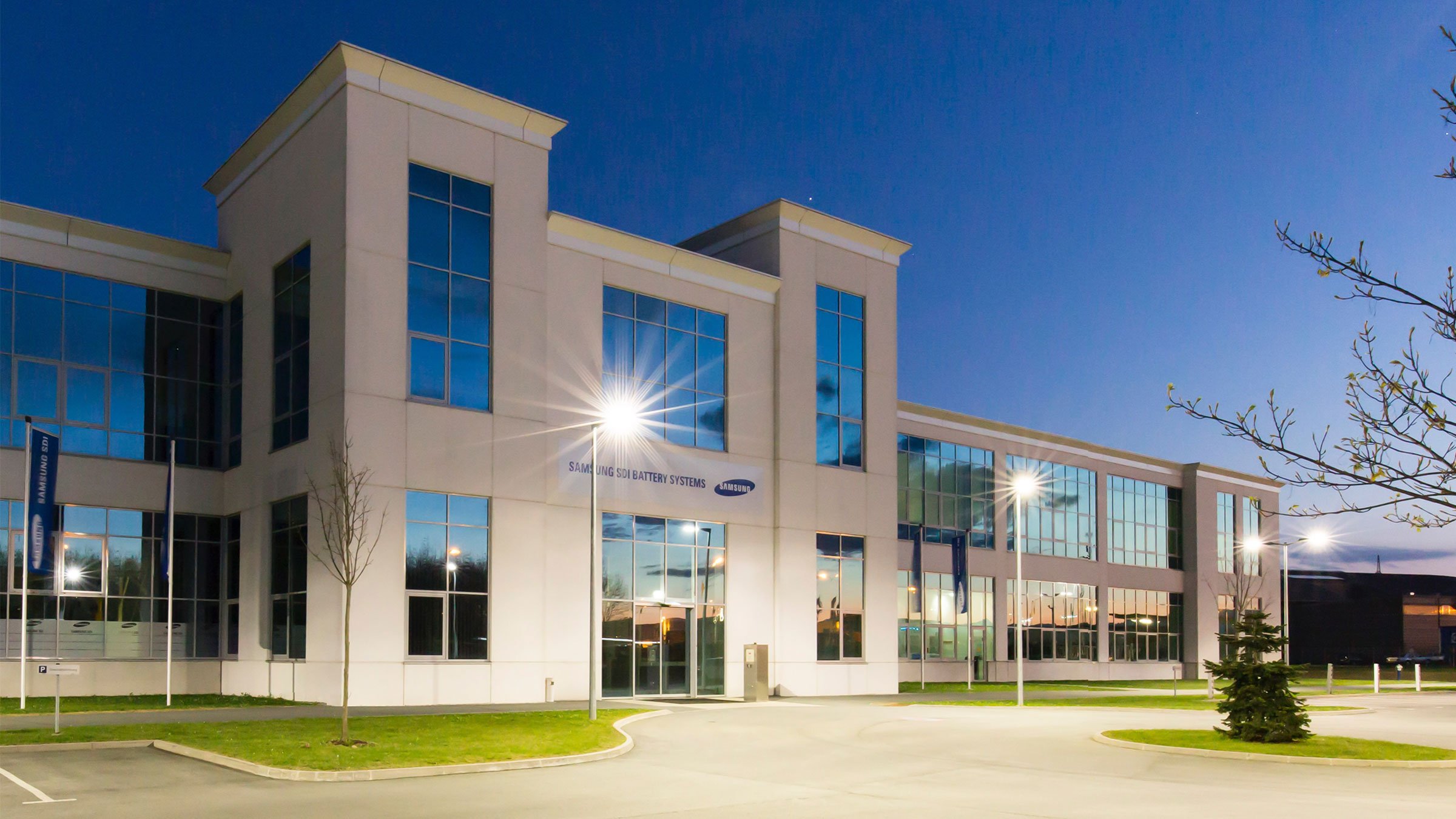The vision of Samsung SDI is to facilitate the proliferation of electric cars. And the signs bode well: On the one hand, there are numerous European countries such as the Netherlands, Great Britain or France, which have decided to pull fuel and diesel-powered vehicles from the street in the foreseeable future. On the other hand, India and China are fully backing the topic of electric mobility.
A combustion engine-free world is therefore being envisaged and supported from numerous sides. Based on a current study, the research and consulting company Wood Mackenzie, also known as WoodMac, estimates that the number of electrically driven vehicles will rise from today’s five million to 300 million by the year 2040. Faster charging times and greater range should provide this development with the necessary boost.
And this is where Samsung SDI Battery Systems comes into play: Because at the end of the day, it is the battery that decides the acceptance or non-acceptance of an electric vehicle.
“The size of the battery is the most important criterion. Other important factors, for example, are the volumic energy, longevity and naturally the quality of the utilized product. This is because a battery is not exactly hazard-free in the event of a malfunction,” states Christian Neubauer, Head of Production IT at Samsung SDI Battery Systems GmbH in Premstätten (Styria, Austria), summarizing what really counts for automotive companies that order such rechargeable batteries for cars, and for final customers, who ultimately drive them.
The automotive sector is full of “names” that rely on the know-how of SDI. No wonder: Executive Manager Stefan Röpke and his 530 member strong team know exactly what they are doing. “What makes Samsung especially stand out, is that the battery cells are developed in-house. This is a major advantage, as they form the main component of a battery,” explains Christian Neubauer.

